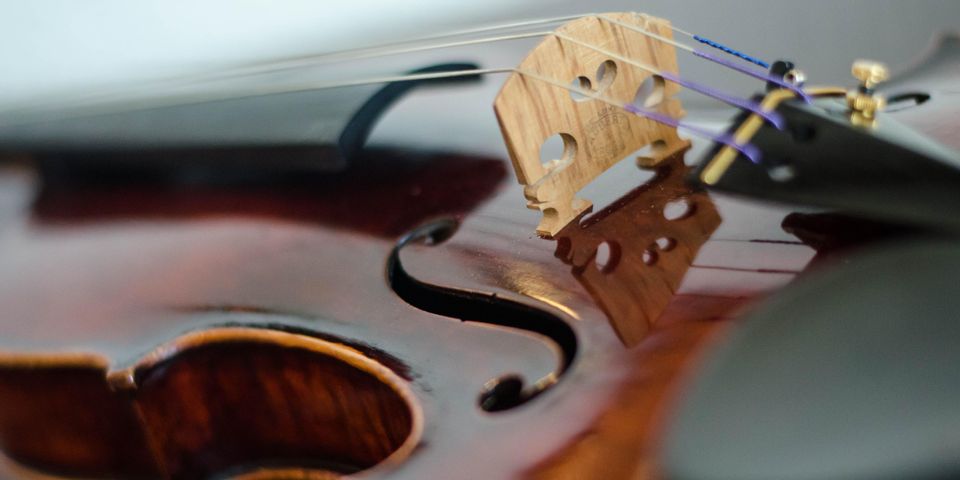5 Easy Ways to Care for Your Stringed Musical Instrument

The beautiful music created by violins, violas, and cellos inspire countless people to pursue the craft. However, to preserve their beloved sound quality, The String House in Rochester, NY, explains that it’s vital to take proper care of your musical instruments. If you’re a budding musician who has recently come to own one or an experienced player, they share a few tips and techniques to protect and maintain your investment.
How to Maintain Your Musical Instrument
1. Storage
Your instrument should be kept in its case when not in use. Invest in a quality hard enclosure that has space for your rosin, bow, and, for violas and violins, the shoulder rest. When putting the bow away, ensure the hair is loosened to keep it from warping. Never force the lid shut; store bulky papers and music elsewhere.
2. Cleaning
You should clean your musical instrument after each practice or performance. Use a soft microfiber cloth to wipe away rosin dust and hand oils from the strings and body. Never use rubbing alcohol, which can damage the varnish. Cleaning the instrument will also help to maintain optimum response and tonal quality.
3. Bridge
 Inspect the bridge before you play. It should be parallel with the bottom edge of the fingerboard and the feet should sit evenly, making clean contact with the top of the instrument. Tuning can pull the bridge toward the fingerboard, which may cause it to warp or collapse.
Inspect the bridge before you play. It should be parallel with the bottom edge of the fingerboard and the feet should sit evenly, making clean contact with the top of the instrument. Tuning can pull the bridge toward the fingerboard, which may cause it to warp or collapse.
4. Strings
Strings typically have a lifespan of six months to one year and will wear out, go false and may break over time. Listen for pitch changes as you play and inspect the winding for alterations in texture and color. Strings that are frayed, damaged, or corroded should be replaced right away.
5. Bow
Never underestimate the power of rosin, which creates friction on the strings and helps them vibrate. Too little will make your violin, viola, or cello sound faint and squeaky. Too much will make your instrument noisy and unclear. Avoid touching bow hair with your fingers, since your skin’s oils make it difficult for rosin to stick. Bows should be rehaired every year if it is being used ½ – 1 hr. a day.
6. Temperature and Humidity
Temperature and humidity levels can vary dramatically from summer to winter. Wooden instruments will expand in the humid summer months and contract in the winter. Expansion and contraction can cause minor inconveniences such as buzzing or open seams or major problems such as cracks. How to minimize these problems:
The goal is to maintain a relatively constant humidity year-round. Dehumidification or A/C will help in the summer. During the dry winter months, humidify your home. Ideal humidity for instruments is 30-40%. Many homes require supplementary humidification. Furnace humidifiers are great but make sure it is working! A stand-alone room humidifier is another excellent choice to protect your investment. If humidity drops below the normal range, you can also purchase a case humidifier from your violin shop.
Always travel with your instrument within the passenger area of your vehicle, not in the trunk. Extreme temperatures will wreak havoc to the instrument. Lastly, never leave your instrument in the car unattended due to the temperature changes that occur while a car is sitting.
For more advice on how to care for your musical instrument, speak with the experts at The String House. This family-owned business has been selling, repairing, and maintaining violins, violas, cellos, and basses for 50 years. To learn more about them and how they can help, visit the team online. To reach a representative, give them a call today at (585) 442-9272.
About the Business
Have a question? Ask the experts!
Send your question

